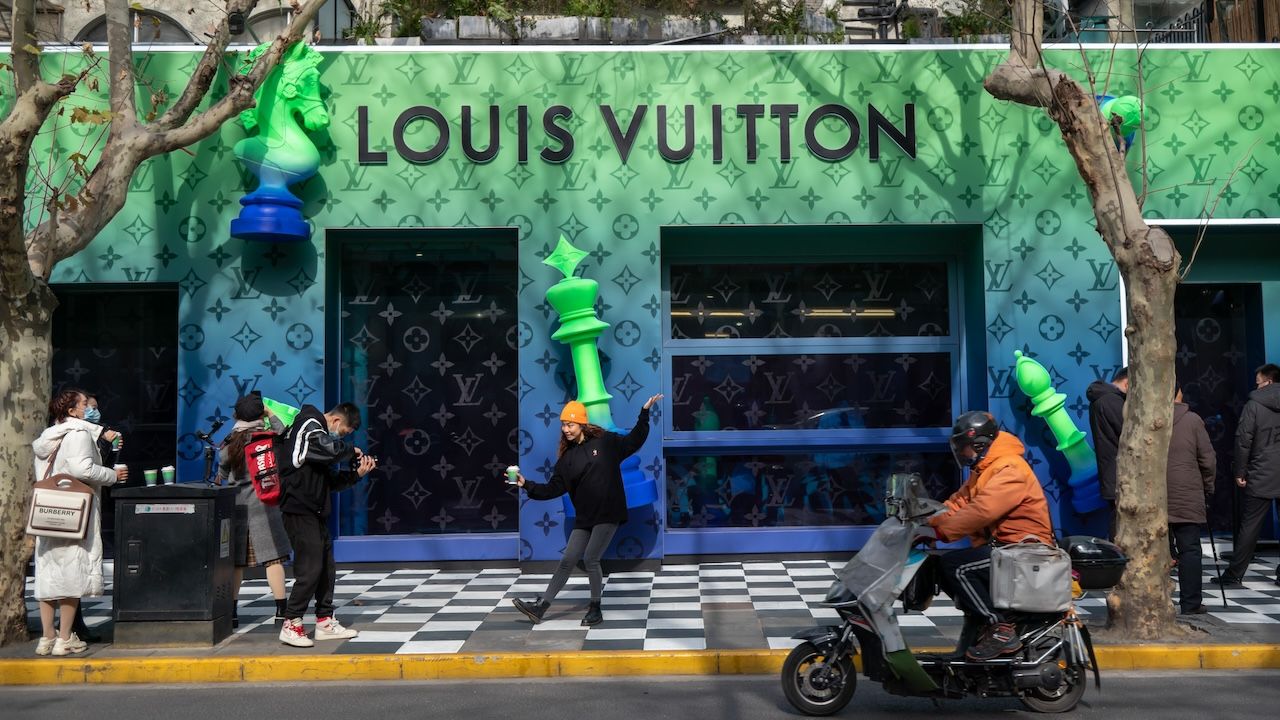Travel
How affluent Chinese women are shaping the future of luxury travel

Affluent Chinese women are at the forefront of luxury travel’s evolution, driving trends that are reshaping the industry. Women are leading the charge in consumption lifestyle upgrades, outspending their male counterparts significantly on travel. This shift is driven predominantly by older millennial and Gen X women, born in the 1970s and 1980s, who have emerged as the primary force in the travel consumer market.
Their substantial spending power is complemented by a younger demographic, comprising women born in the 1990s and 2000s, who show burgeoning consumption potential. Even the older generation, those in their 50s and 60s, match the younger cohorts in terms of travel expenditure and a preference for quality experiences.
A recent report by Finn Partners and ILTM Asia Pacific unveils key insights into how these travelers are setting new standards. Here are the essential takeaways from the report.
One of the most compelling insights from the report is that 71% of affluent Chinese female travelers prefer to invest in travel and experiences rather than material goods. This marks a significant shift from traditional luxury consumption, which often centered around high-end fashion and jewelry. Today, Chinese female travelers seek personal fulfillment and enrichment through travel, valuing unique experiences that create lasting memories. Brands need to pivot to offering bespoke travel experiences that cater to this desire for self-contentment and exploration.
Another trend is the rise of solo travel among these travelers. The report notes that 72% of respondents plan to maintain or increase their solo travel activities, driven by a newfound sense of empowerment and independence. For the travel industry, this means developing services and packages tailored for solo adventurers. Safety, personalized itineraries, and opportunities for self-discovery are critical components that can attract this growing segment.

Wellness travel is being redefined with a holistic approach that encompasses both physical and mental well-being, with affluent Chinese female travelers increasingly interested in wellness experiences that offer more than just relaxation. They seek adventure and activities that challenge both body and mind, such as meditation retreats, fitness bootcamps, and nature immersions. Travel brands should expand their wellness offerings to include these comprehensive experiences, aligning with the evolving definitions of wellness.
In tandem with the rise of wellness travel is the growing allure of niche destinations, with nearly 90% of respondents showing a preference for places known for their natural beauty and cultural significance. These travelers are moving away from mainstream tourist spots in favor of unique, less commercialized locations, giving travel brands an opportunity to curate exclusive experiences that authentically highlight the local culture, traditions, and landscapes of off-the-beaten-path destinations.

Financial independence among Chinese women is translating into more autonomous travel decisions. The report reveals that 82% of women consider their own preferences as the most influential factor in travel planning. This autonomy extends to every aspect of their travel, from destination choices to accommodation and activities. Brands should offer personalized and flexible travel options that cater to individual preferences, ensuring that each travel experience feels unique and tailored.
This shift towards autonomy means that travel decisions are increasingly being made based on personal preference, rather than external influences. Brands that understand and cater to these individual preferences are likely to build stronger, more loyal relationships with these travelers.
The luxury travel market for affluent Chinese women is undergoing a transformation, driven by a shift towards experiential luxury, personal growth, and authentic connections. Brands looking to capture this lucrative segment must pivot quickly to offer bespoke, immersive experiences that go beyond traditional notions of luxury. Demand is growing for niche destinations, wellness-integrated travel, and technology-enhanced convenience.
To succeed, companies need to craft personalized itineraries that balance popular landmarks with off-the-beaten-path experiences, catering to the diverse archetypes identified in the report – from independent “daring dragons” to family-oriented “mama tigers.”
Brands should further prioritize partnerships with local cultural entities and lifestyle brands to create unique, memorable experiences. For their part, hotels need to differentiate themselves beyond star ratings, focusing on themed accommodations, enhanced room amenities, and integration of local cultural elements. Travel advisors will play a crucial role in providing assurance and access to exclusive experiences.







:max_bytes(150000):strip_icc()/roundup-writereditor-loved-deals-tout-f5de51f85de145b2b1eb99cdb7b6cb84.jpg)


